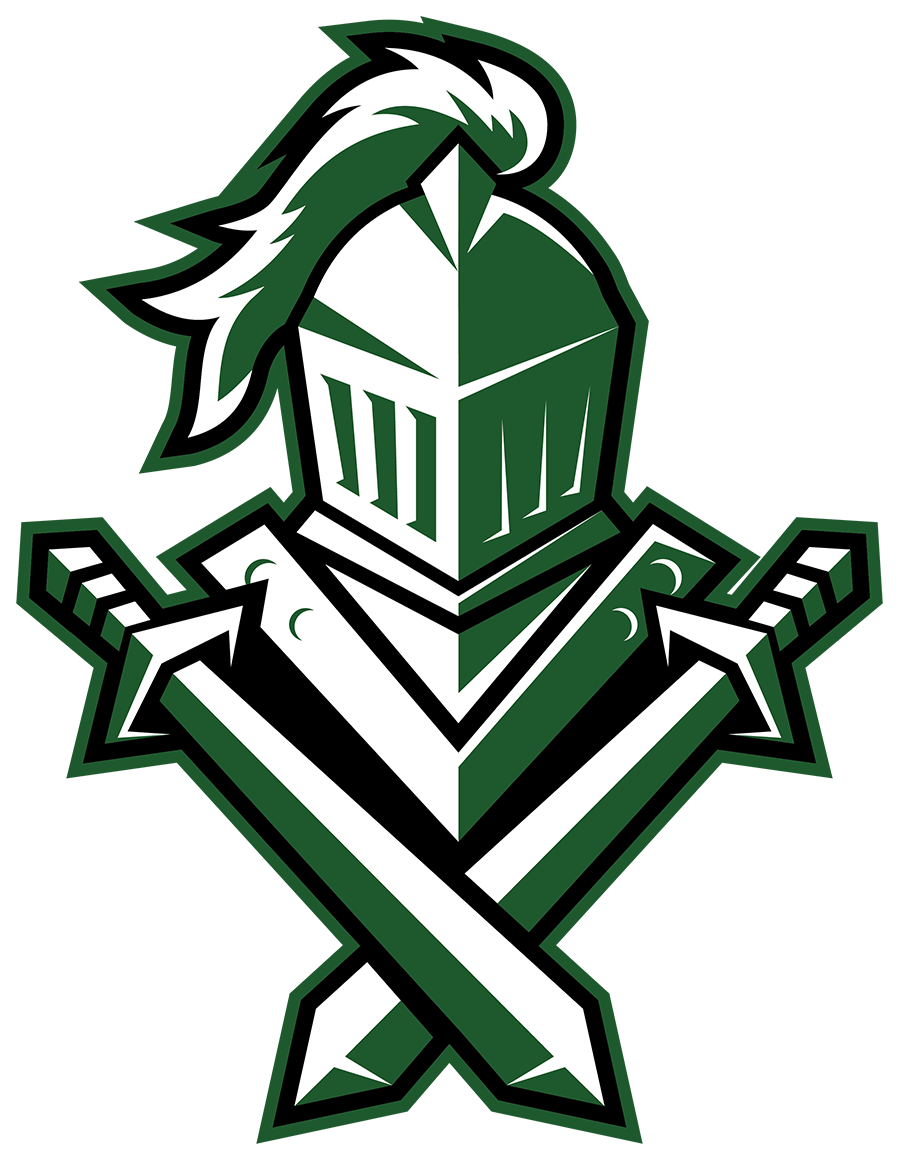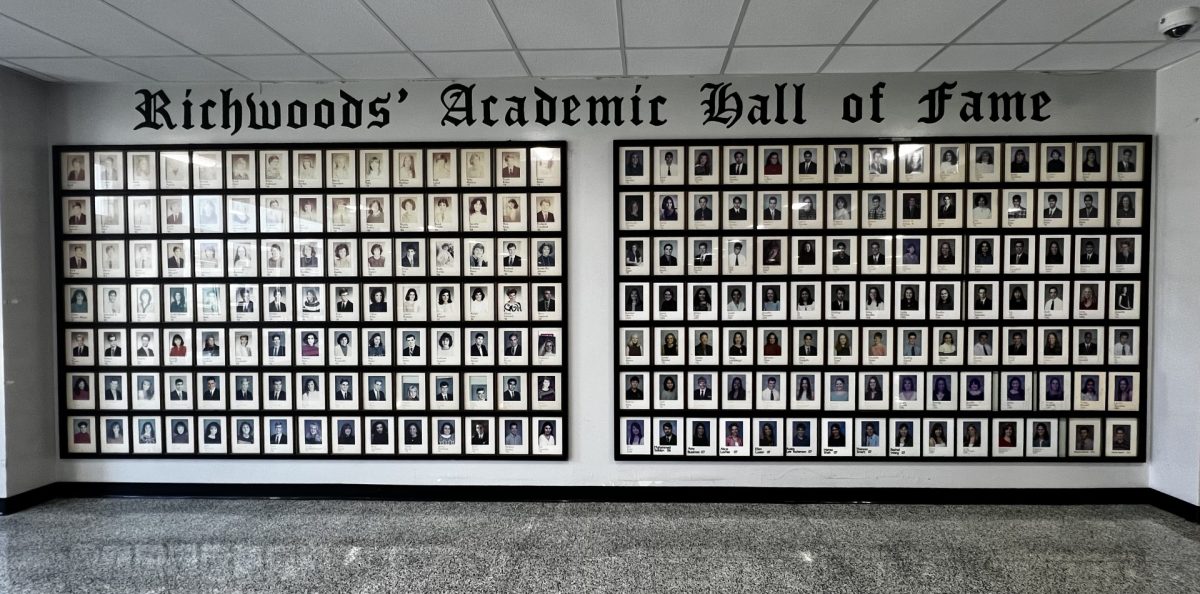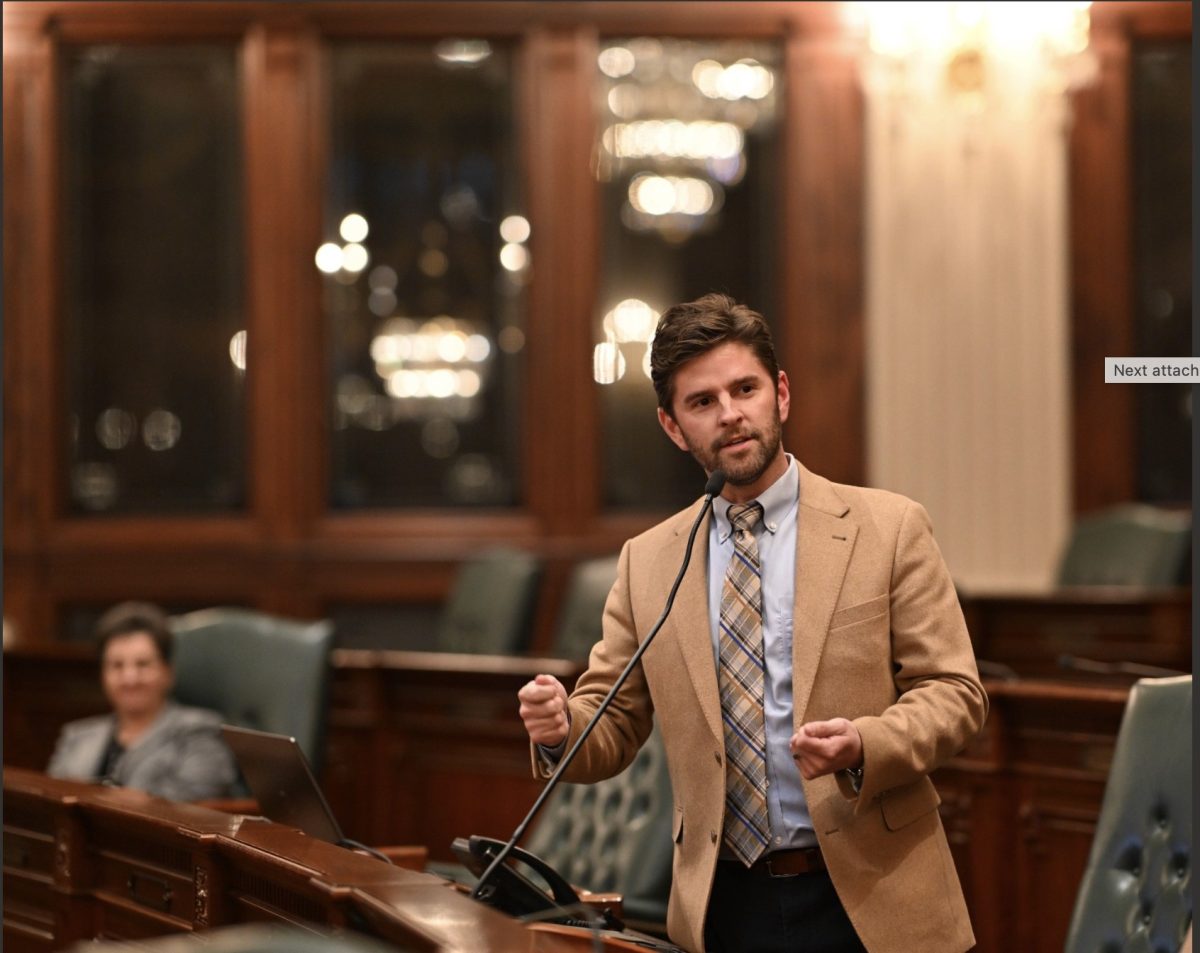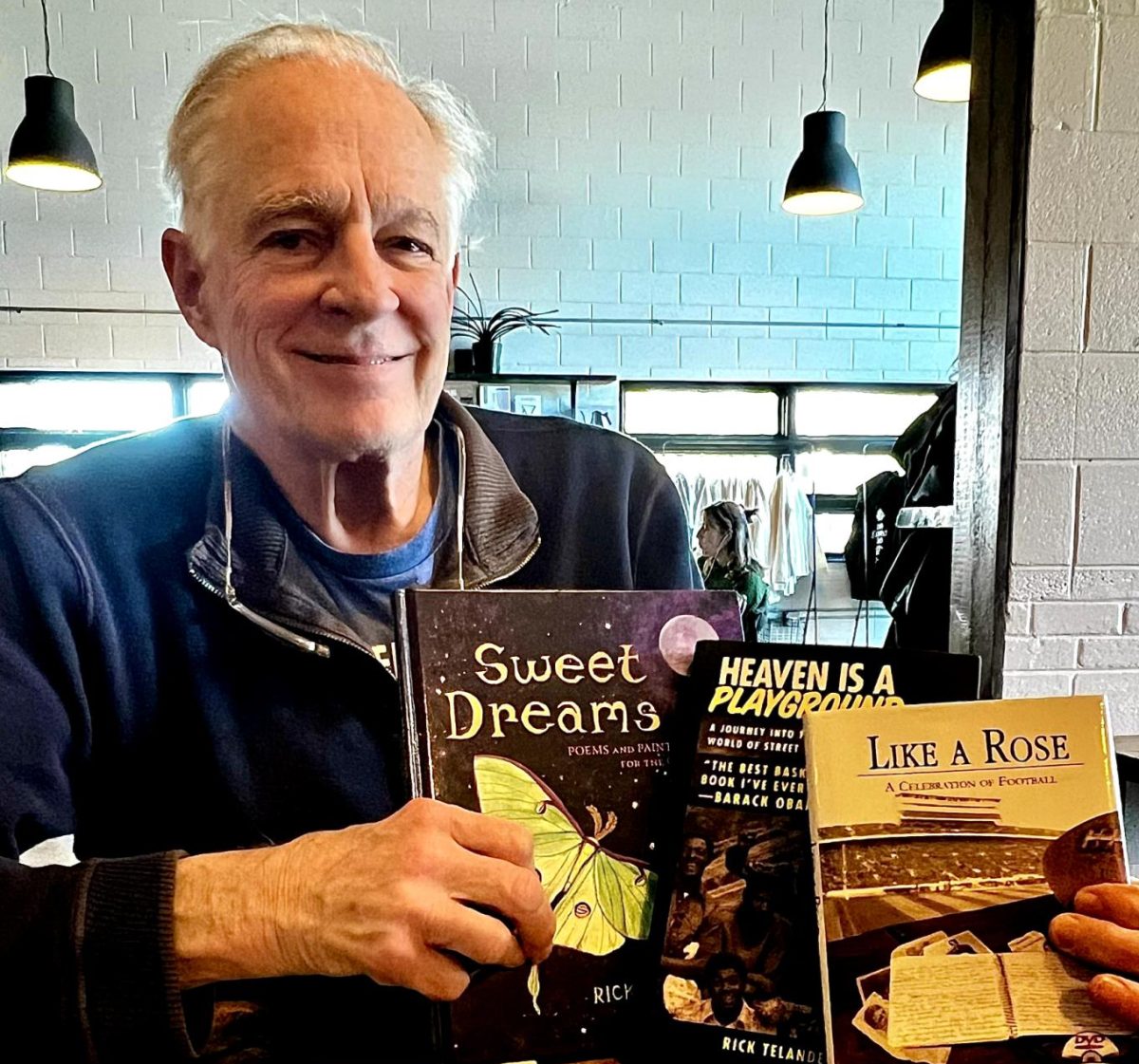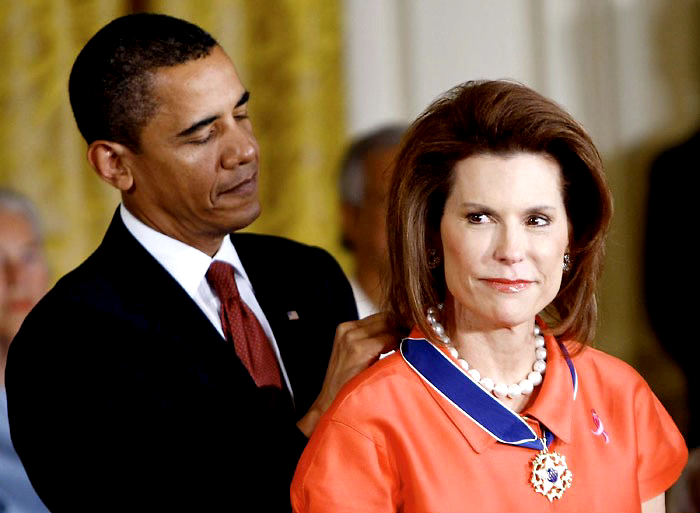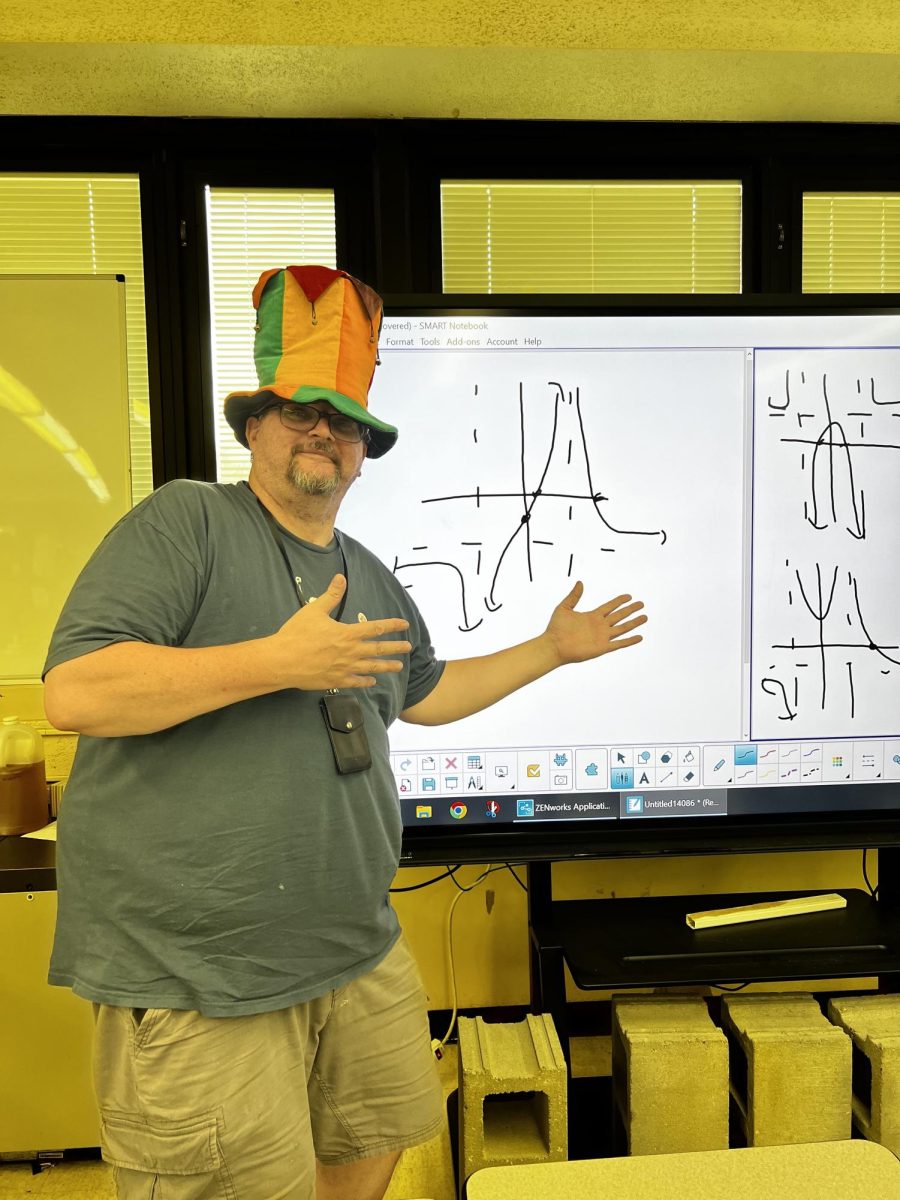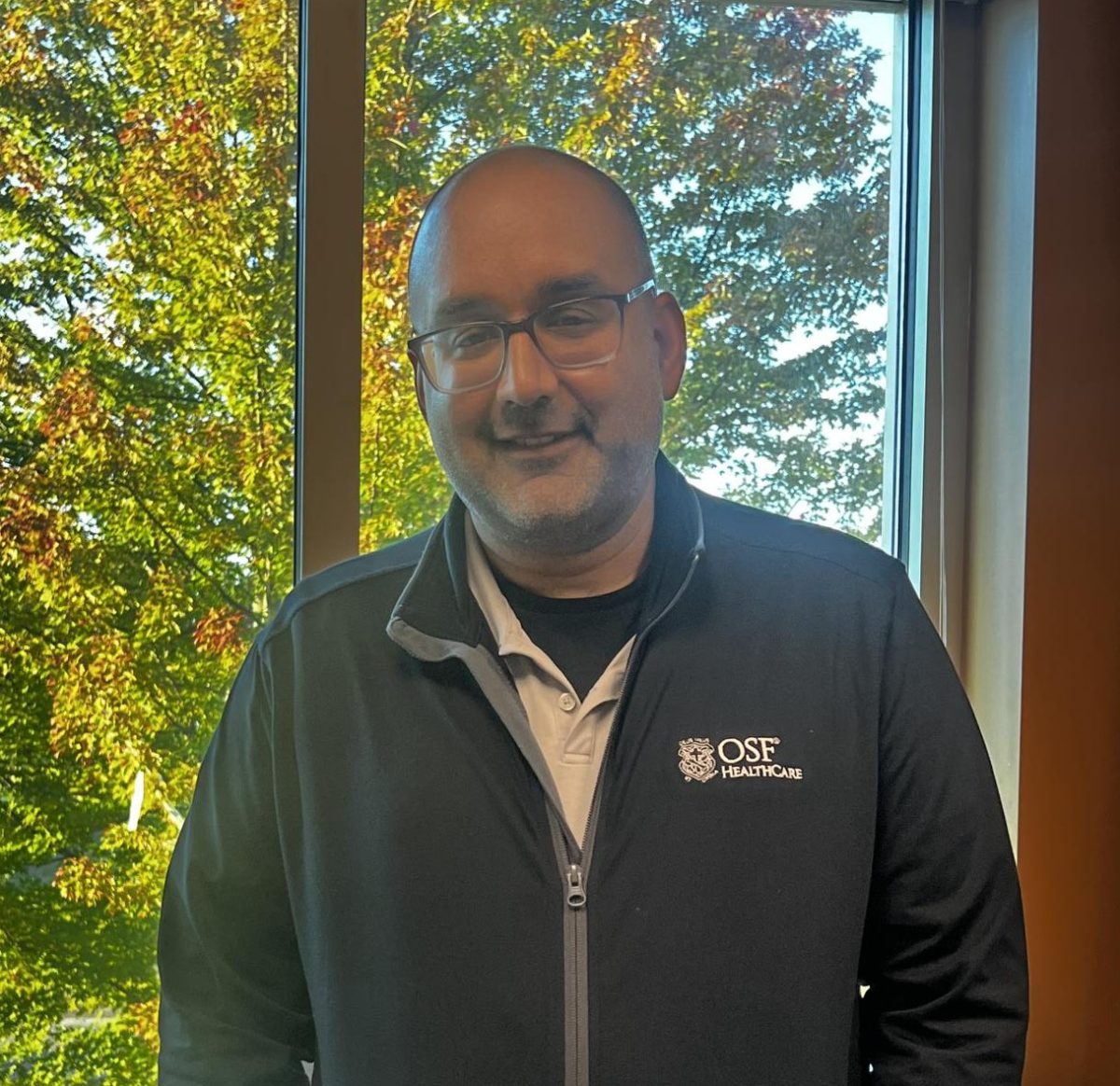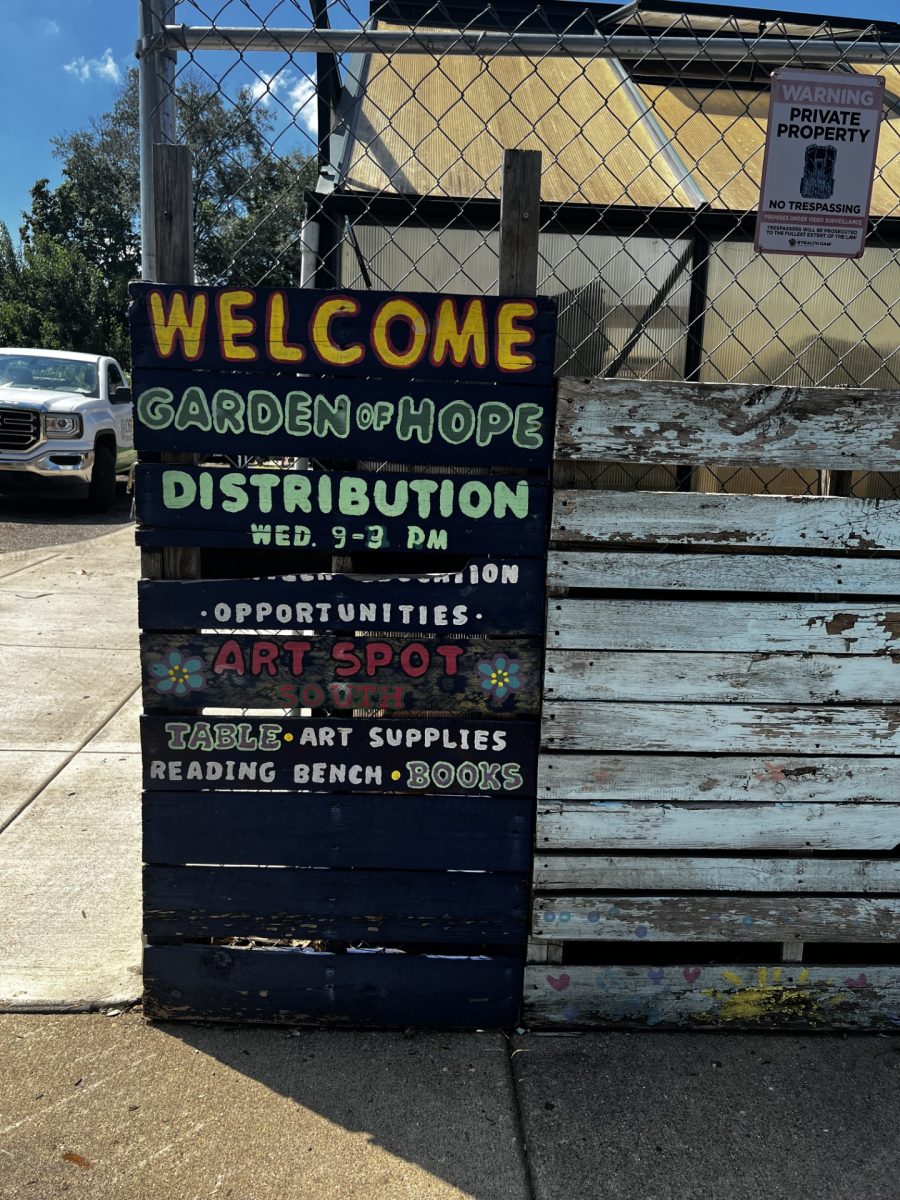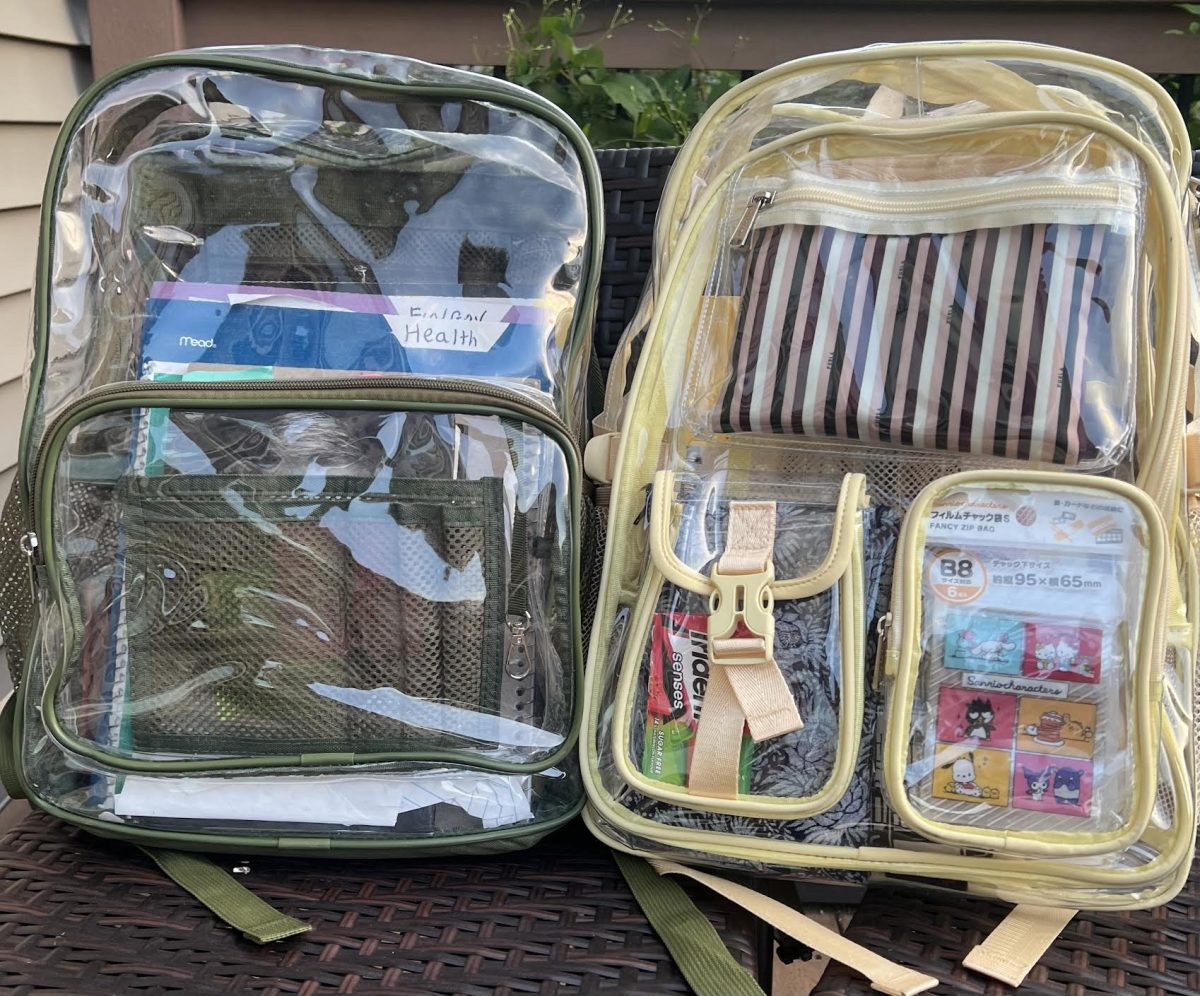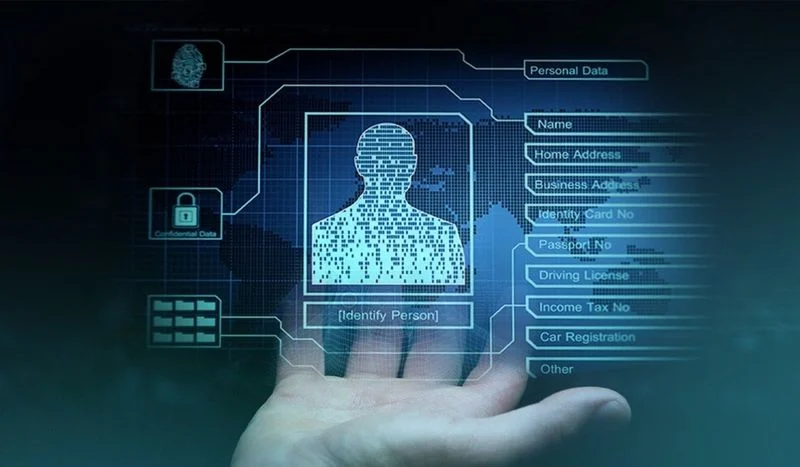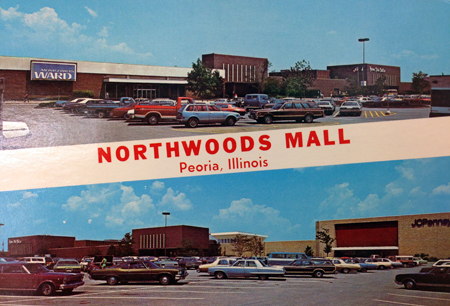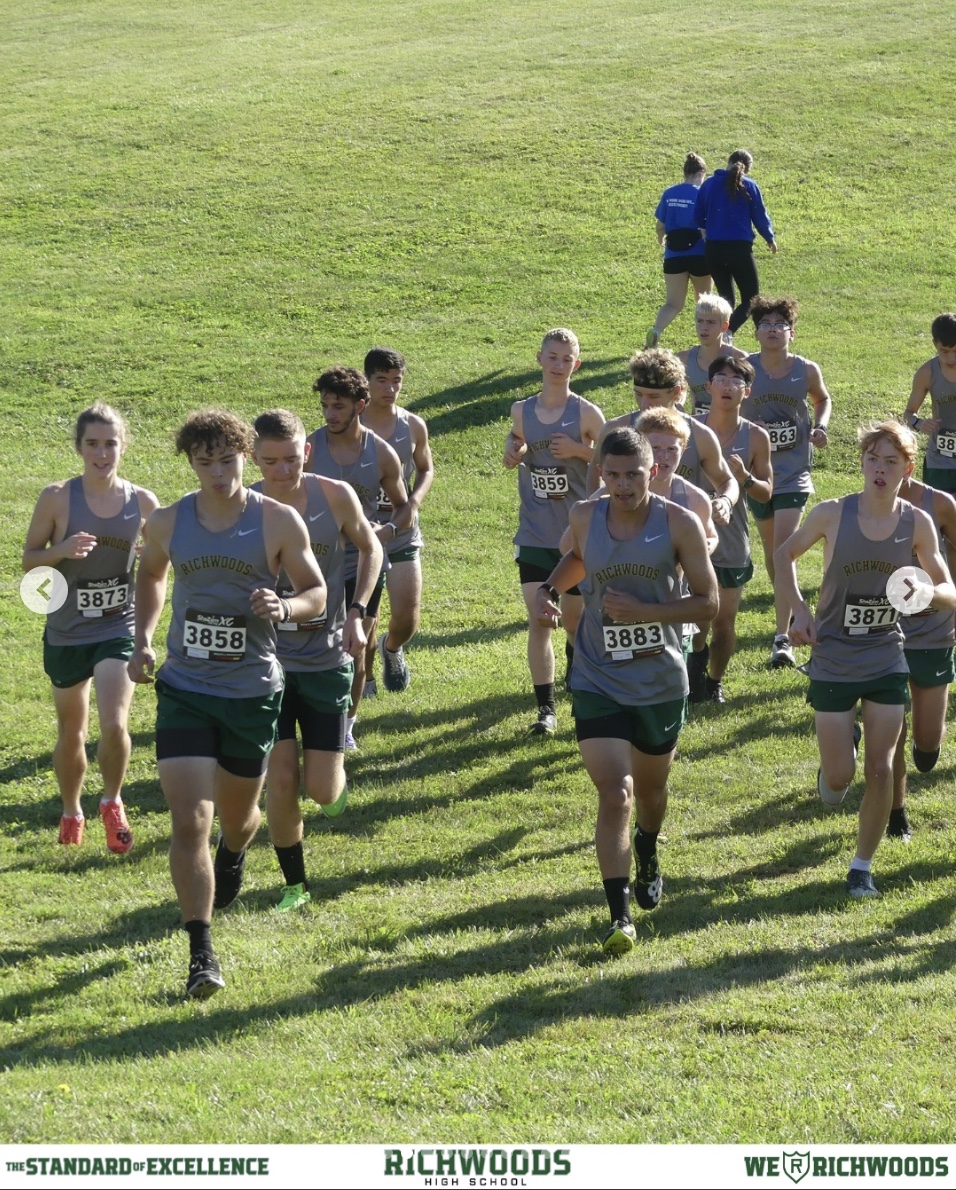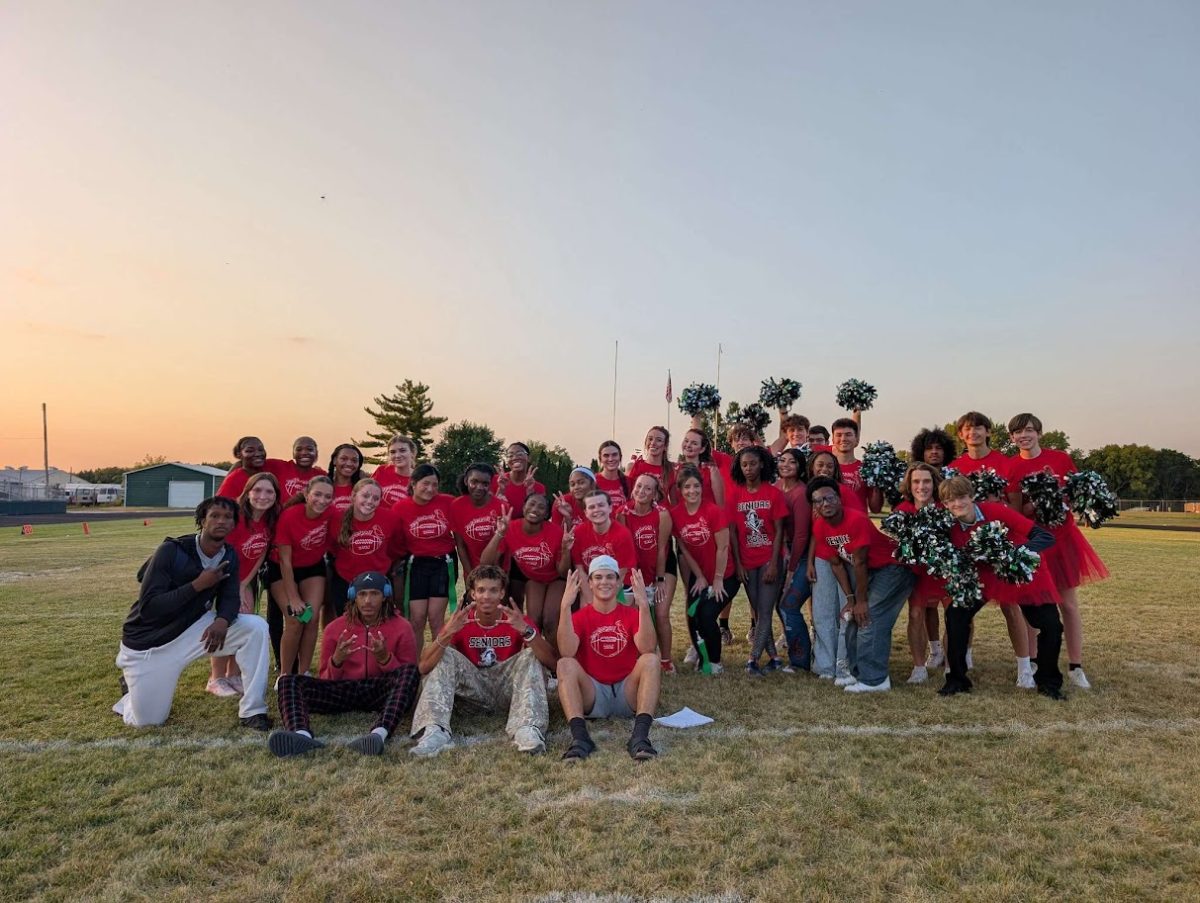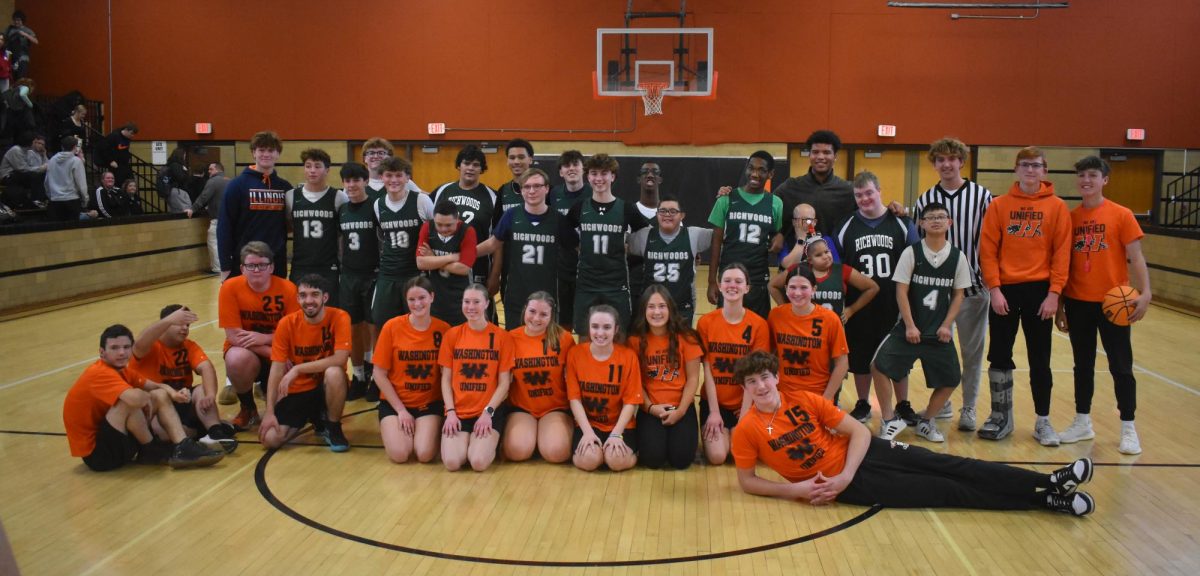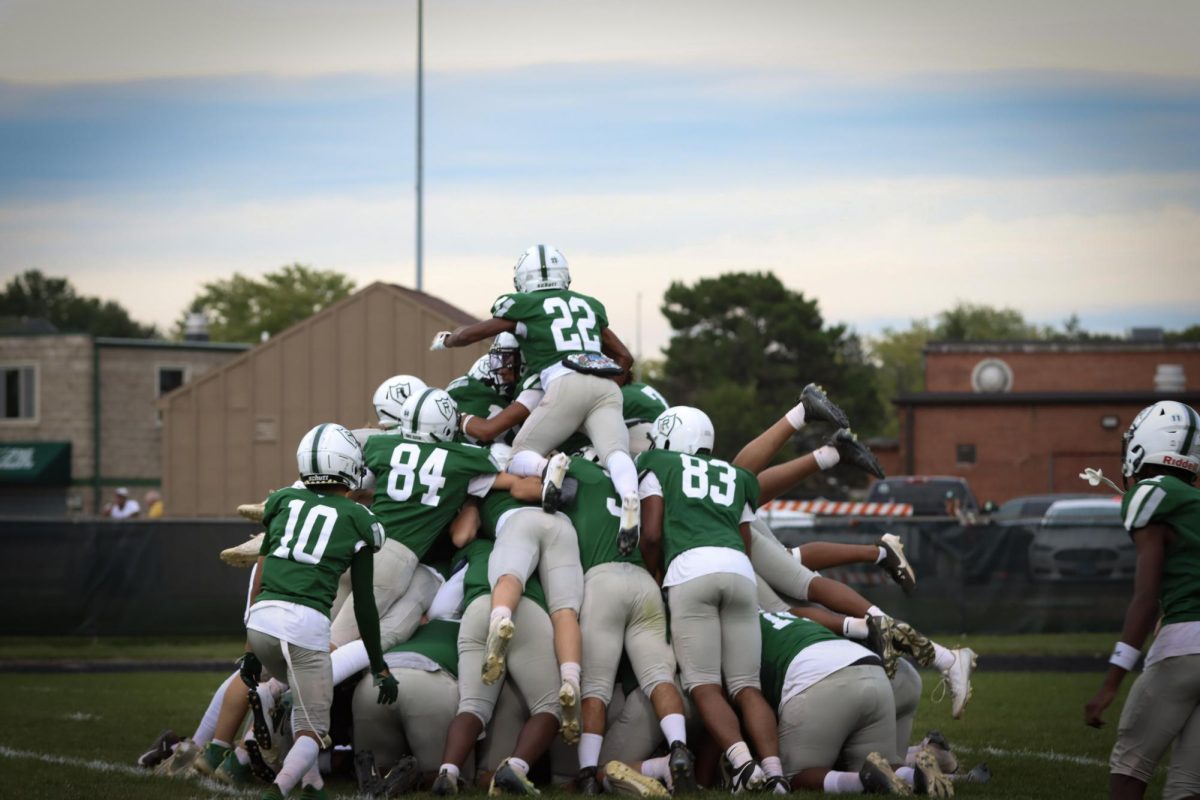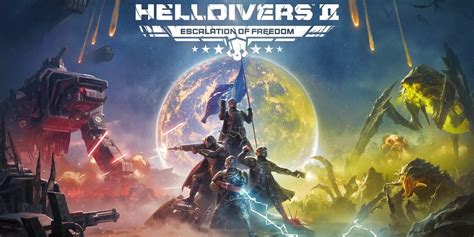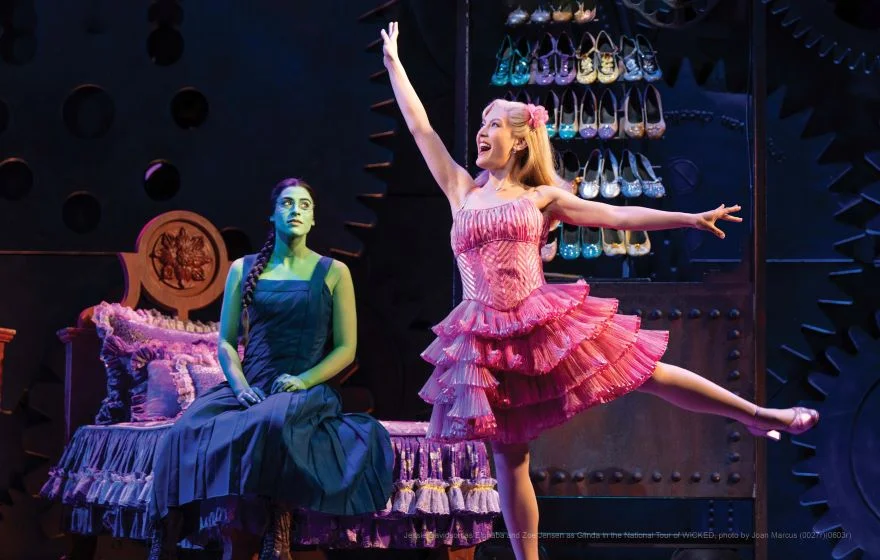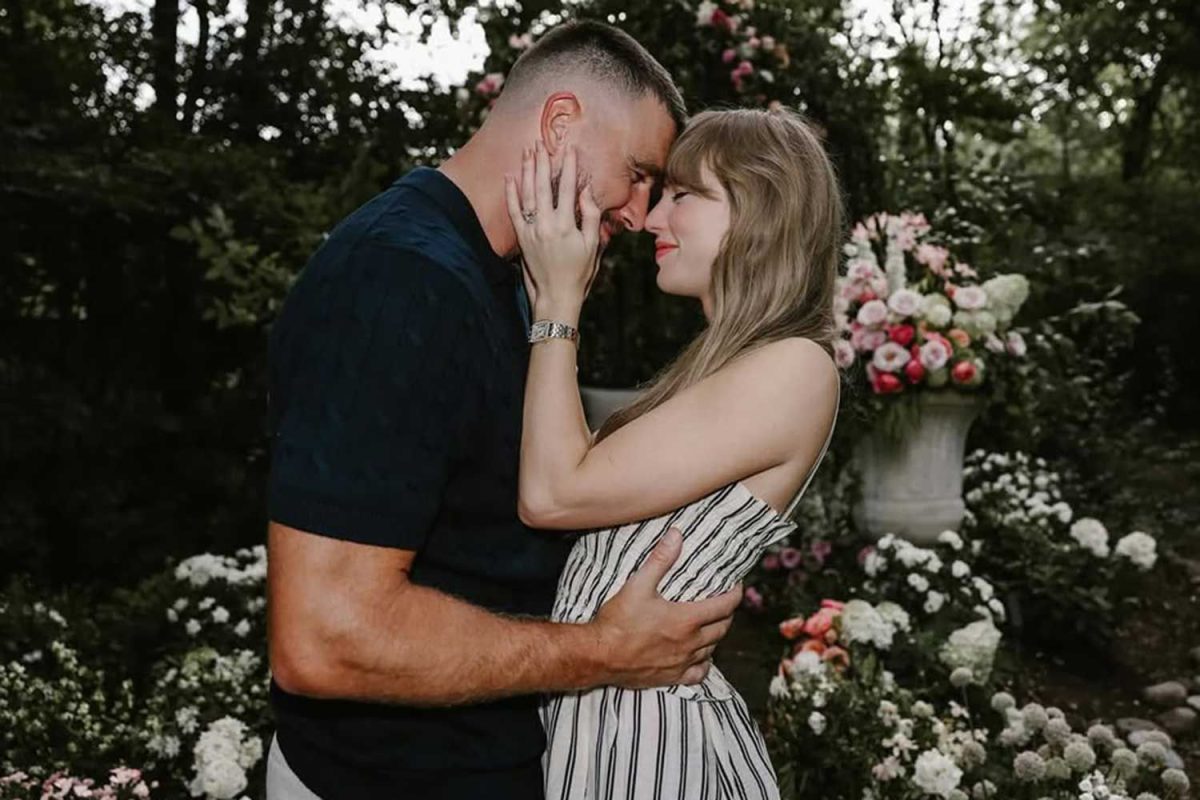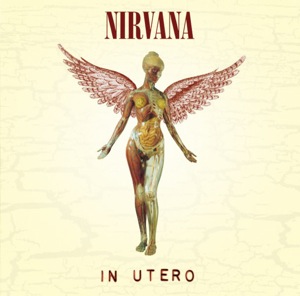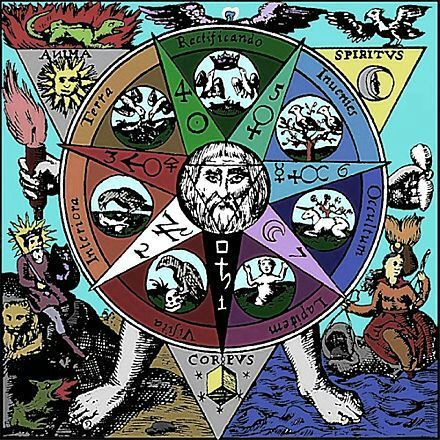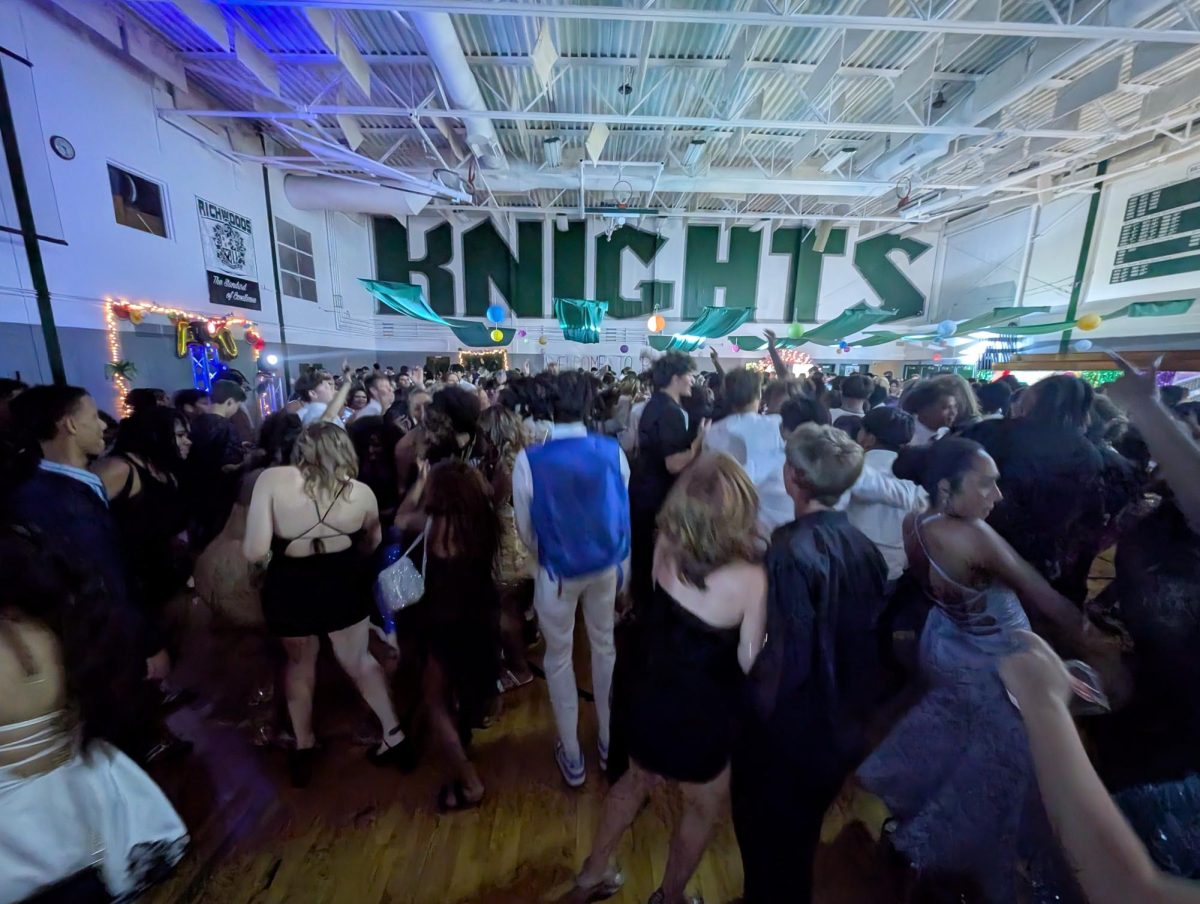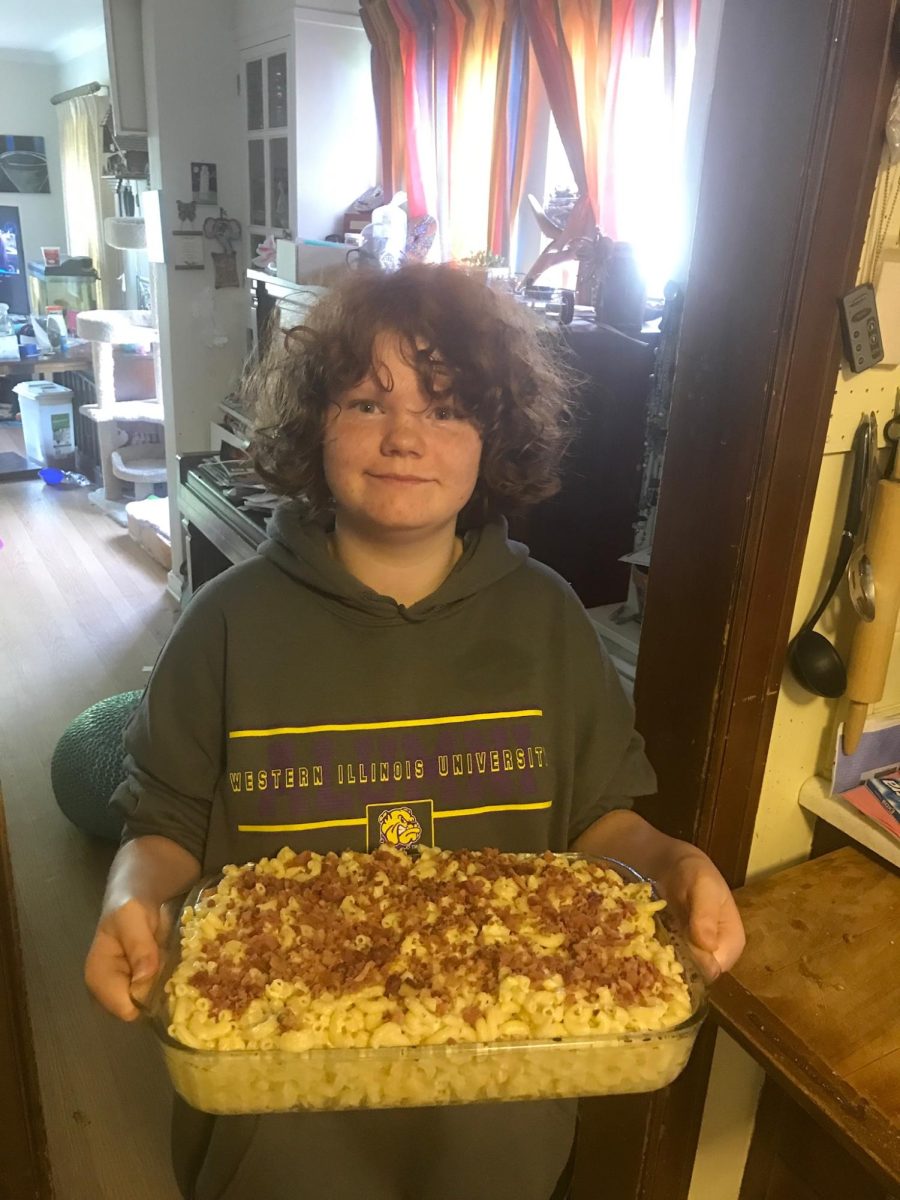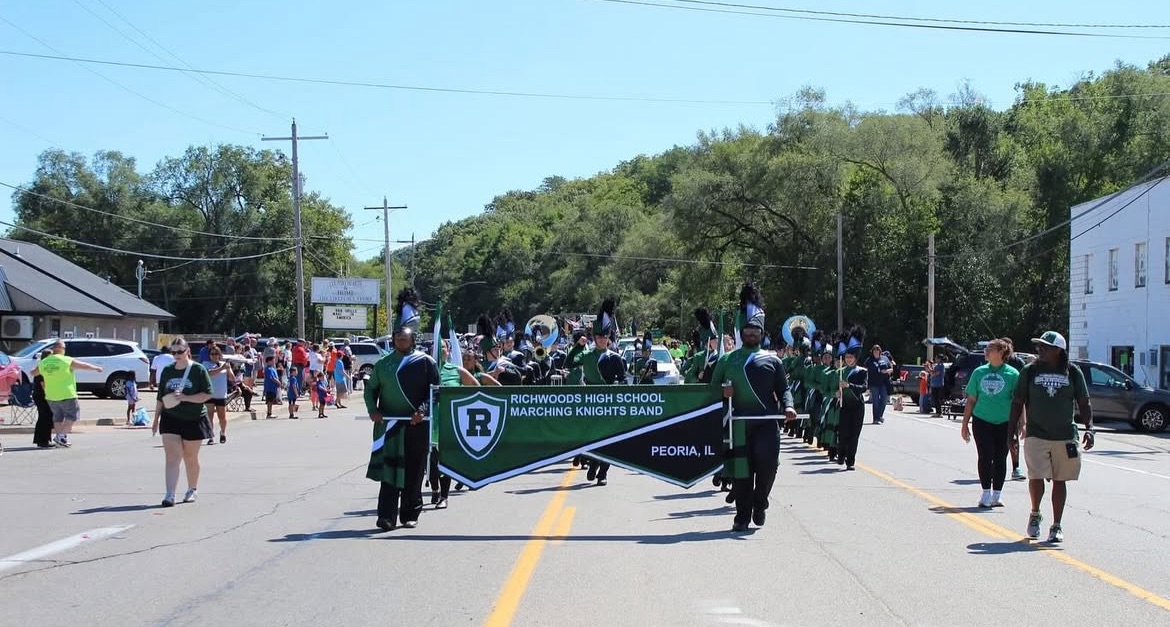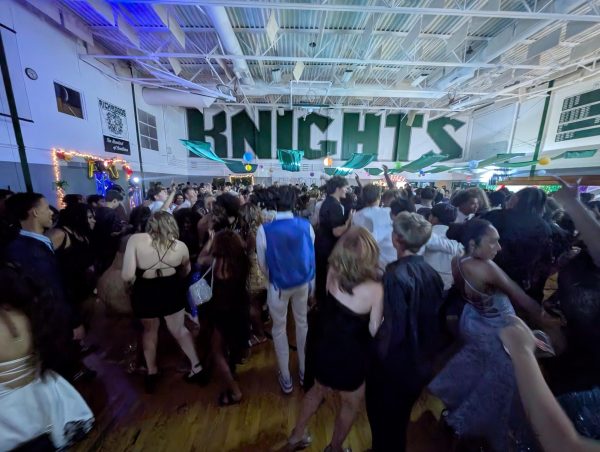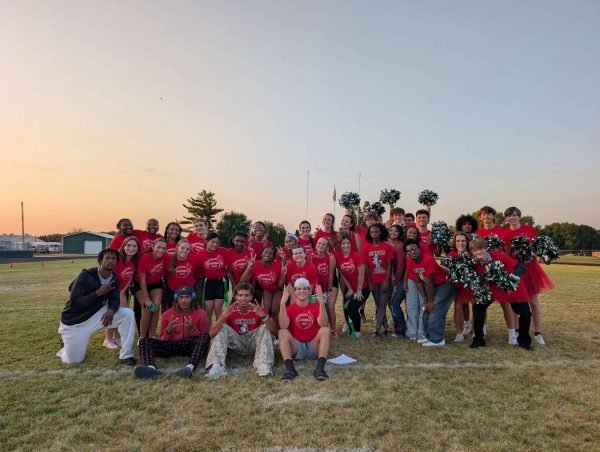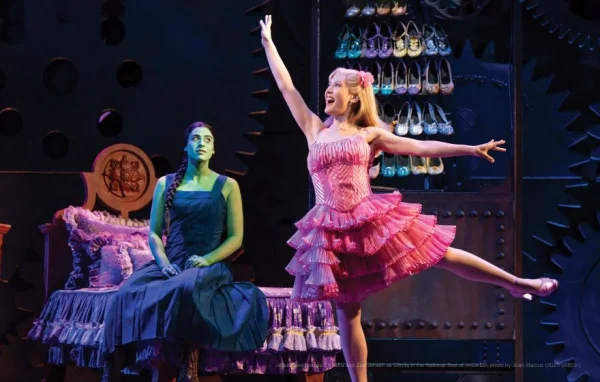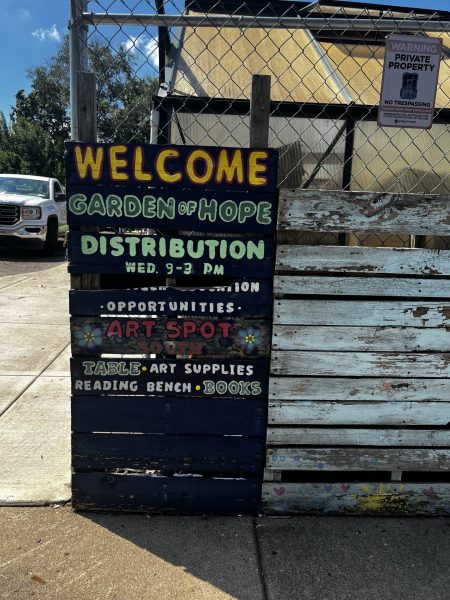Post-Game Depression and How to Cope
That empty ache you feel after finishing your favorite game is very normal – and there are healthy ways to deal with this feeling of loss.
Everyone dreads seeing those credits roll on their favorite game. You may bask in that feeling of accomplishment, or the sadness may begin to set in immediately. Completing a game is an emotional thing, especially if it’s a long game – the lengthier the experience, the more time you have to develop an attachment. When the credits stop and you’re sent back to the title screen, you may have the urge to jump right back in and go through it all over again. But a part of you knows that it will never be the same. Every mention or thought of the game causes a sharp pang in your chest. Knowing that you’ve seen most there is to see always hurts. This feeling is different for everyone – it can be felt after finishing a TV show, a movie, or even a book. The story with games is a little different, though. Post-game depression may feel endless, but there are many healthy ways to patch up that wound and heal.
Post-game depression stems from what is called a parasocial relationship. As defined by Psych Central, a parasocial relationship is a one-sided, emotional attachment with a fictional character or media personality. These relationships can be formed with celebrities, online personas, or fictional characters. You may feel lots of affection and love for these characters even though they have no clue who you are. They also are not real. Despite this, we find ourselves clinging to them and thinking of them as a friend. The formation of parasocial relationships stems from basic human needs for validation and a place to belong, which explains why these relationships are often present in those who do not feel like they belong anywhere in real life. Parasocial relationships can be formed with any piece of media – but with games, the reasoning leans toward parasocial interaction as well.
In the analysis video titled “Why You Feel Empty When You Finish a Game” by Daryl Talks Games, he describes how parasocial relationships use the same emotional and cognitive processes as real relationships. “Our minds appear to treat interactions with them the same as we would nonfictional people around us.” This is especially prominent in games where the player can choose between multiple dialogue options. It feels like a genuine conversation with a friend, so if a player says something that upsets the character, they may go back and choose a different option because they feel so bad. In real life, when we say something we regret immediately after, we wish we could go back in time and say something different. Games allow us to do this. This fear of upsetting your fictional friend stems from what is called social surrogacy: “when feelings of belonging can be supplemented by relationships that are artificial or one-sided.” The sensation of attachment to these characters is also stronger in games due to a sense of responsibility. In some games, (e.g., Fire Emblem Three Houses), the player has the character’s life in their hands. Fire Emblem Three Houses also serves as an example for games that include plot altering decisions (or choice-based games such as Life is Strange). “An increased sense of control, identification, and responsibility for characters well-being were significantly associated with enjoyment and appreciation for the title. Which is even more reason why it’s often those games you so deeply savor that sting the most when the inevitable happens,” remarked Daryl on the prosocial tendency of acting not only in your own motivations, but the motivations of the characters themselves.
The more we bond with these characters, whether going through conflict together or simply spending time with them, the more bittersweet and gut-wrenching the end will be. “We process the sudden loss of these bonds exactly the same and we experience real sorrow and grief when our journey comes to a close.” The player may even experience some form of progression through the 5 stages of grief. Players tend to build up the completion of the game in their mind and cling to that goal, likely completing it in binge sessions and not taking their time. When it’s all over, after hours and hours of time dedicated to the game, it can hit pretty hard.
So how do we deal with this feeling of loss?
Loss, whether it be the loss of a real person or a fictional one, is felt in the same way – therefore it makes sense that we grieve the same way. The loss of a family member often entails confiding in other relationships, and the same can be said for parasocial ones. It is recommended to connect with people in real life “to decrease feelings of loneliness and disconnection,” according to Wired. The ache in your chest won’t go away immediately, but there are ways to distract yourself as it heals over time. Go back to an old favorite game or watch a long TV show that brings you comfort. These things will not replace what you lost, but they will serve to distract you and remind you that there’s more out there.
Circling back to Daryl, “a good way to keep yourself attached to reality is sort of having a tether to it. Something to keep you grounded, something to be proud of in your life that isn’t just going to inevitably cease and roll credits once you’ve gotten to a certain point.” You do not have to completely detach yourself from the game. Another way to cope is to engage in the community surrounding the game: look at fanart, participate in discussions, read fan theories, even watch someone else go through the game and experience all the emotions you did on your first time around. Connecting with others through the medium of the game “can also help someone reflect positively on the story while connecting with others and developing new relationships.” It is also recommended by clinical psychologist Margaret Rutherford to reflect on how the experience made you grow. “It’s impact on you is yours to keep.” No matter how disconnected you feel after you finish the game, it is a healthy and positive outlook to remember that it will always be a part of you.
Post-game depression is a truly universal experience for gamers. It is a unique type of pain – a pain that is confusing and a pain that leaves a lasting sting. A player may wonder why they’re so torn up about completing a game, but it is completely normal to feel that way. Spending so much time and putting so much effort into cultivating these relationships only deepens the chasm you’re bound to fall into when those credits roll. These bonds may become slightly unhealthy when we begin to lean on them for our basic human needs, but they can be shaped into something positive after the experience has set in. Taking care of yourself and utilizing healthy coping methods will, soon enough, leave you prepared to take on an entirely new game and go through this process all over again – and you’ll be looking back on your first playthrough with fondness.
